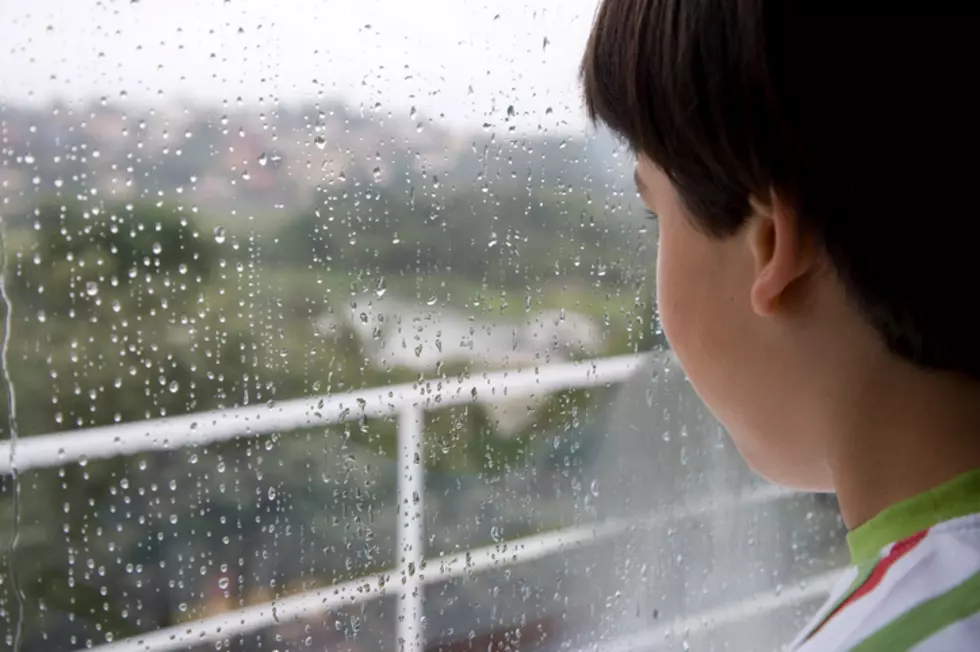
Prepared For Hazardous Weather? The 5 Tips You Need to be Ready!
Well, here we go. Winter is hurtling toward us and we're not even to Halloween yet. A freeze warning in effect for tonight, with a low of around 27 degrees. That may not be alarming to you, but if you're a farmer, orchardist, grape-grower, winemaker, gardener, or any other industry which can ill-afford to be negatively affected by freezing temps, you're going to be losing sleep tonight.
Brace yourselves, because while we'll heat back up to 50+ tomorrow, snow is actually in the forecast this week and that 27 degrees we're dreading will sound balmy when the 16 degrees overnight low hits us on Saturday night/Sunday morning. The only thing we can do is get prepared for the cold.
It's anyone's guess how much snow we'll be getting here in the Yakima Valley. There are conflicting reports and all kinds of prognostications but let's face it, we don't have a weather crystal ball. That's why being prepared for the worst (or best, depending upon how you feel about cold weather) is the best idea. Here are 5 Tips For Being Prepared for The Winter we've acquired from experts who know:
1) Don't let your pipes freeze. Frozen pipes in the winter are not only inconvenient but remedies can be costly. Plus, if a big cold-snap hit, you're likely not going to be alone in your frozen pipe situation and plumbers will be working overtime. Experts say that while your inside pipes benefit to some degree from heat inside the home if it gets cold enough, they are at risk. Wrap pipes, especially under sinks and along outside walls. Also, be sure to wrap or cover outside water faucets and disconnect hoses, which will freeze and make matters worse.
2) Make sure your gutters are clear of debris. Leaves are still falling and those gutters, if not cleaned in the spring, will likely be full of not just the recent deluge of leaves but also dirt and debris which has gathered throughout the year. Clear gutters will be essential to allow melting snow from your roof to dissipate and help to prevent ice dams which could lead to serious roof damage and leaks.
3) Take care of your furnace. Check and change furnace filters and if it's been a while since you've had your favorite heating and air conditioning service rep out to your home, do it now, have them inspect the system for proper function BEFORE you have a problem. They're busy this time of year but they'll be even busier during the first big weather crisis.
4) Have a shovel? Winter gloves? Boots? Buy those now before there's a shortage or a long ling.
5) Have a preparedness kit. Don't just have one, know what's in it, and how to use it. Have a meeting with the family and be sure everyone is on the same page in the event of an emergency. It may sound a little alarmist, but you won't think so during a crisis when everyone is safe and sound. Here's a great resource for building a KIT. https://www.ready.gov/kit
KEEP READING: Get answers to 51 of the most frequently asked weather questions...
More From 92.9 The Bull









